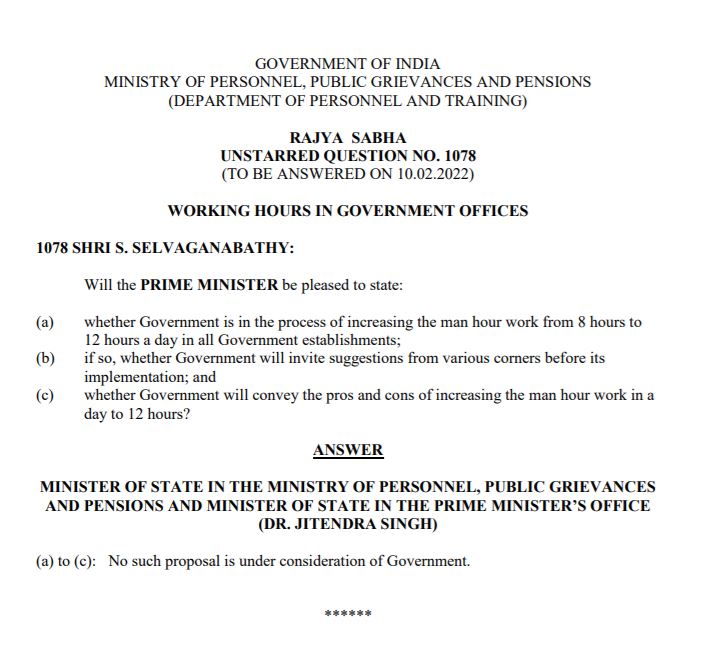“What Happens When Government Servants Fail to Report High-Value Transactions? Major Penalties for Unreported Assets”
Major Penalties for Unreported Assets
Transparency and accountability are vital for ensuring integrity in public administration. Government servants in India are mandated to report their assets and high-value transactions regularly. Shri Arun Govil, Member of Parliament, recently raised critical questions about monitoring property disclosures, comparing annual immovable property returns (IPRs), and addressing disproportionate assets. Here’s an in-depth look at the rules, compliance requirements, and penalties for violations.
Annual Property Reporting Requirements
Under the Central Civil Services (Conduct) Rules, 1964, and All India Services (Conduct) Rules, 1968, government servants must:
Declare Assets on Appointment:
Submit details of assets and liabilities at the time of their first appointment.
Submit Annual Property Returns:
File Immovable Property Returns (IPRs) every year by 31st January of the following year with the cadre-controlling authority.
Report High-Value Transactions:
Notify the prescribed authority of transactions involving movable property exceeding two months’ basic pay.
Monitoring and Enforcement
Query Raised: Shri Arun Govil sought clarity on the following:
- Are property details compared year-on-year?
- What actions are taken for late or non-submission of IPRs?
- What penalties apply when assets are disproportionate to income?
Government’s Response:
1. Comparison of Property Details:
Annual IPRs are scrutinized and compared with previous years to detect inconsistencies or unexplained asset accumulation.
2. Penalties for Non-Submission of IPRs:
- Denial of Vigilance Clearance:
Employees failing to submit IPRs on time are denied clearance, affecting promotions, deputations, and other career advancements.
- Disciplinary Action:
Non-compliance is a violation of conduct rules, leading to disciplinary proceedings.
3. Disproportionate Assets:
Major Penalties:
If a government servant is found with assets disproportionate to their known income, they face disciplinary proceedings. Penalties include:
- Removal from Service: Permanent exclusion from government employment.
- Dismissal: Termination after due inquiry as per extant rules.
Ensuring Compliance: A Collective Responsibility
The rules and penalties highlight the government’s zero-tolerance policy toward financial irregularities. Regular monitoring and strict enforcement ensure:
- Accountability in asset reporting.
- Deterrence of corruption.
- Maintenance of public trust in governance.
For government employees, adherence to these rules is essential. It safeguards career progression, prevents legal troubles, and promotes transparency in public service
View the Lok Sabha Q & A pdf
